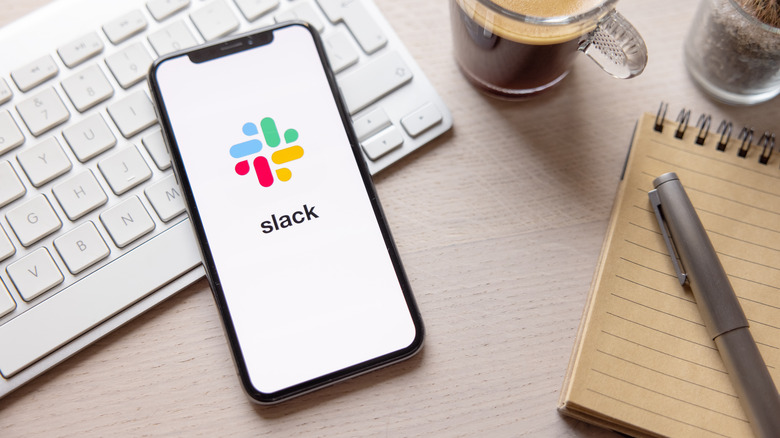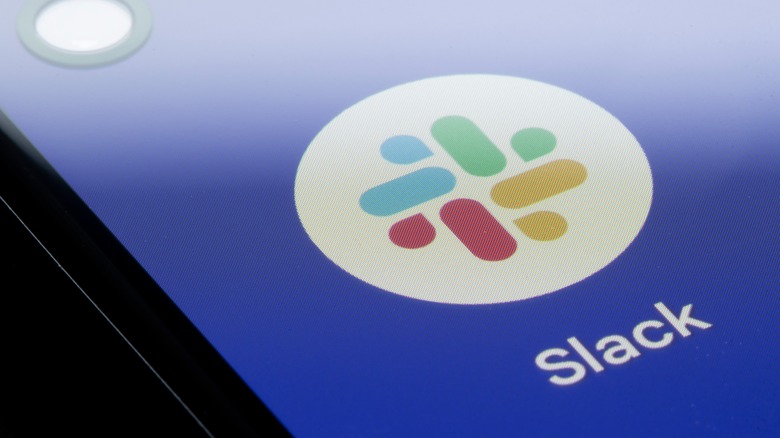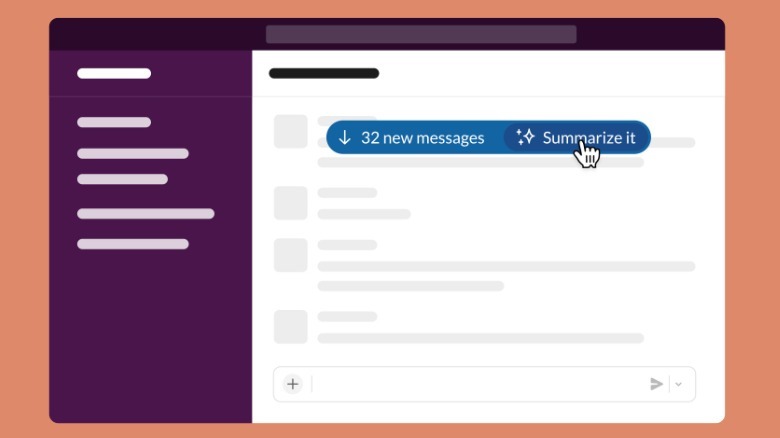Slack GPT Is A Generative AI To Make The Workday A Little Less Hectic
While Artificial Intelligence (AI) has been a part of our lives for several years now, it was mostly relegated to performing relatively straightforward tasks. Examples of early consumer-facing AI tools include virtual assistants like Amazon Alexa, Google Assistant, and Apple's Siri. These tools could respond to easy-to-understand voice commands, perform tasks like summarizing weather forecasts, play music, and even power basic home automation. At the other end of the spectrum were more advanced AI-enabled features that enabled cars to self-park and perform basic driver assist functions.
The arrival of ChatGPT late last year, however, has ushered in a major transformation in the digital space. Generative AI is now increasingly being used on several consumer-facing tools. Microsoft, for example, has integrated generative AI into its Edge Browser and Bing Search. Opera also recently announced ChatGPT integration to its desktop browser. A little over a month after Salesforce confirmed that ChatGPT-enabled features will arrive on Slack, its popular instant messaging platform. The company has just announced via a blog post that a handful of AI features are now live.
The interesting thing about Slack's AI implementation — which the company calls SlackGPT — is the fact that it is not restricting itself to ChatGPT-powered features. Starting today, Slack users will also be able to use features enabled by Anthropic's Claude AI — a famous ChatGPT rival. Slack's blog post clarifies that features enabled by ChatGPT are still in the beta phase of testing.
Features of the new AI-powered Slack
The ultimate aim of Slack's AI-focused features is to improve the overall user experience and to enable productivity gains at the workplace. Examples of the capabilities enabled by an AI-powered Slack include summarizing messages received on Slack in absentia. A single click enables this and will help users get up to speed on missed conversations without having to scroll back up and read the entire chat log.
Slack also revealed that upcoming versions of the tool would feature AI assistance built natively into Slack's message composer. These tools help users correct and tweak their drafts before they hit send. Besides adjusting the tone and suggesting improvements to the content, the tool will ensure these messages sound more professional and impactful. Aside from the noticeable productivity gains, Slack claims these tools will also help users write better content and also help them work and learn faster.
Salesforce — Slack's parent company — confirms it will also use AI-powered technologies to improve various facets of businesses. These may range from generating new sales opportunities and handling service tickets to managing end-to-end marketing campaigns.
As outlined earlier, several of these AI features are expected to make it to Slack shortly. As of now, the Claude app for Slack seems to be the only AI tool currently enabled for the chat client. While the company expects Workflow Builder to make it to Slack by this summer, it will be a while before Slack gets native AI features powered by ChatGPT and EinsteinGPT.


